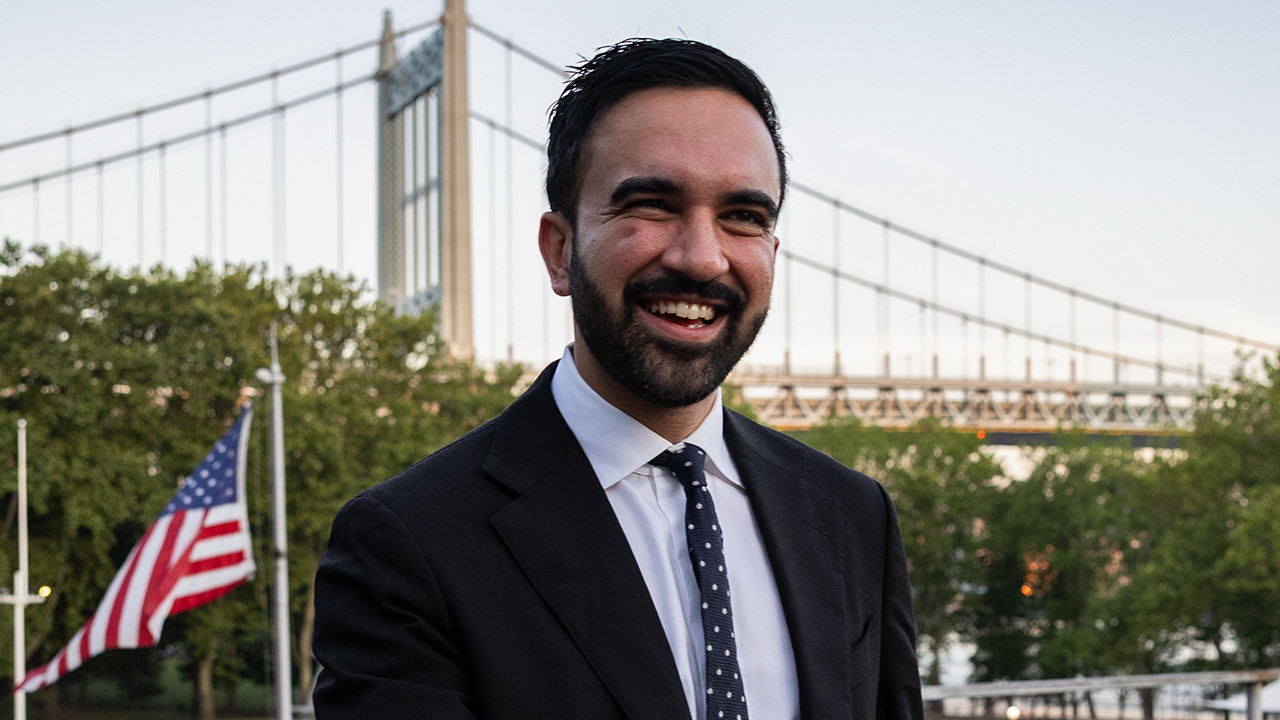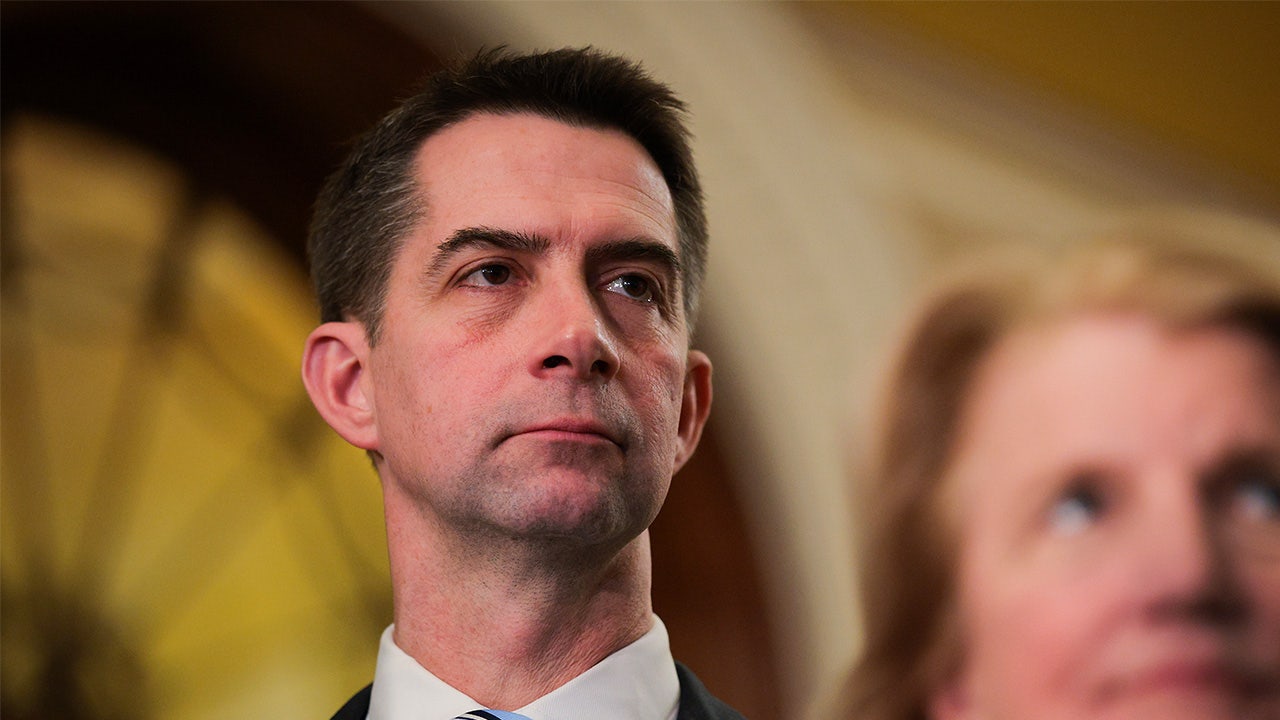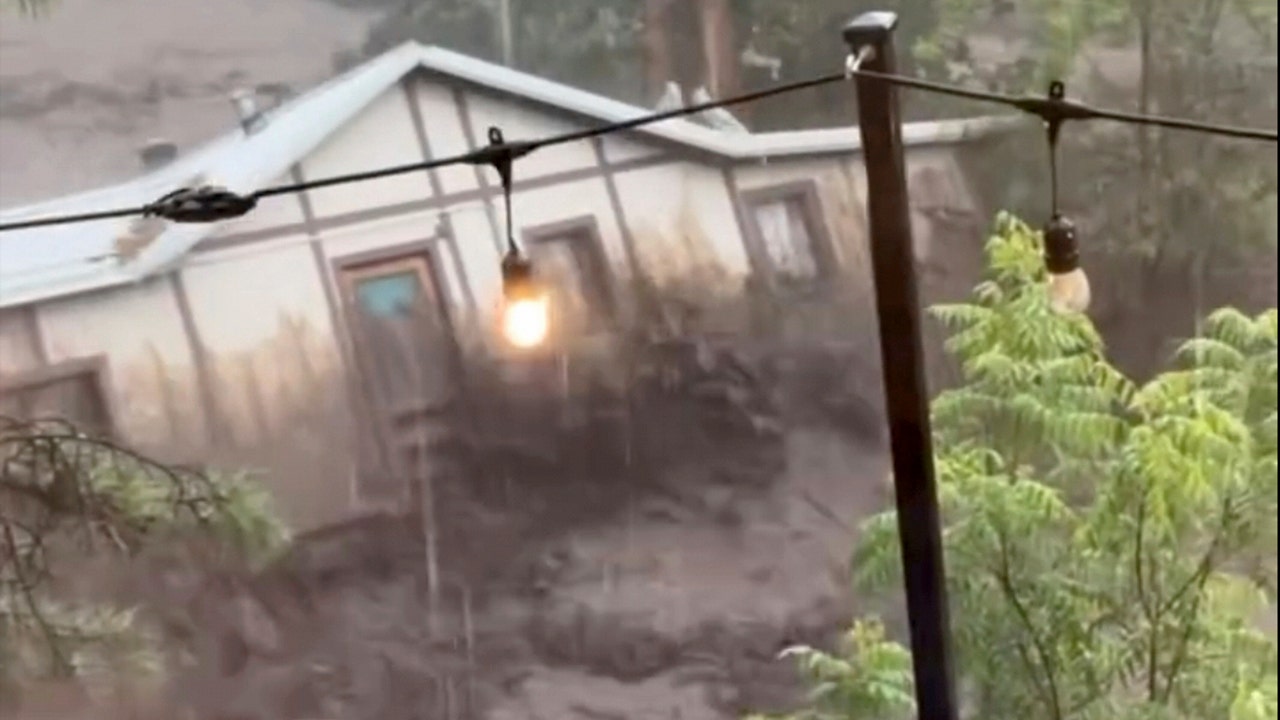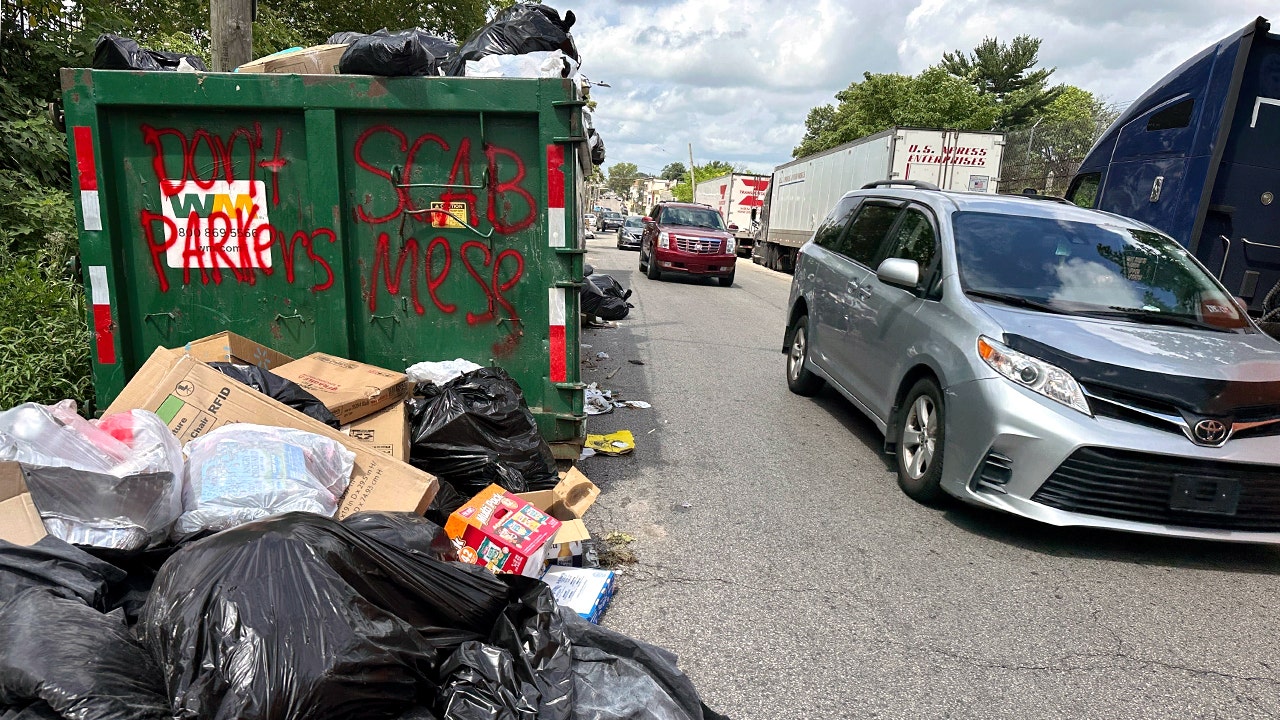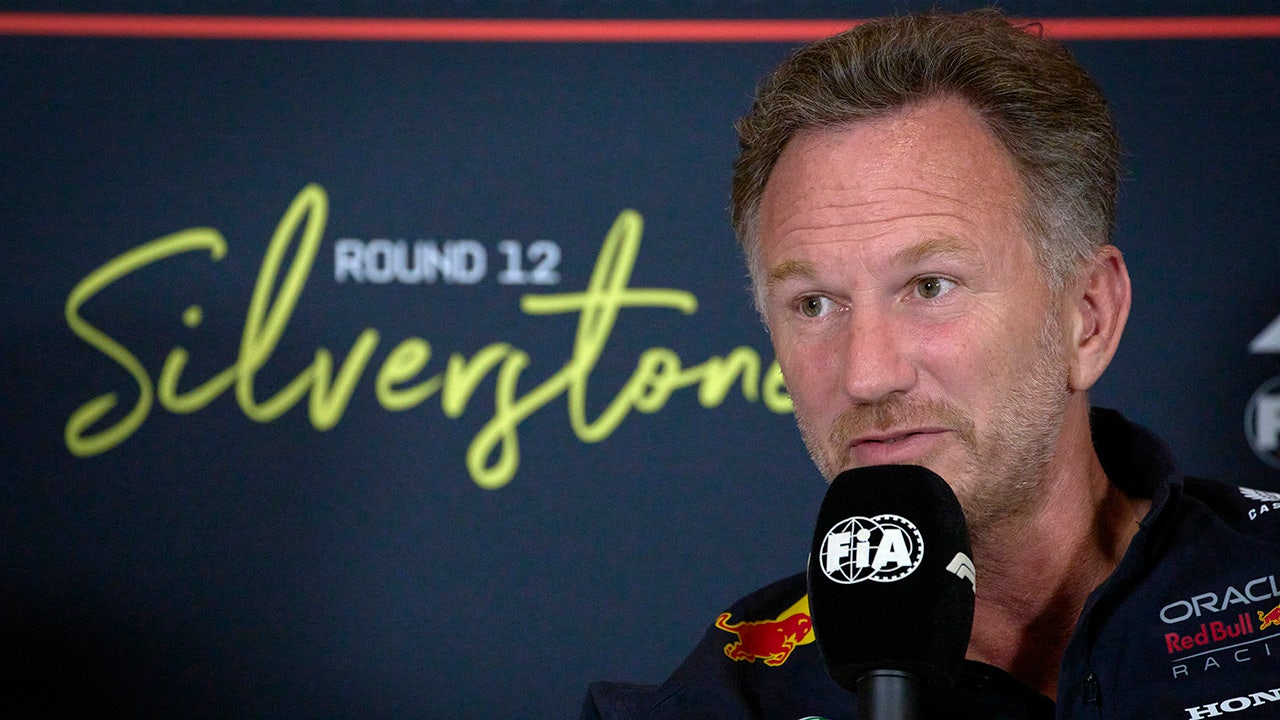Over the weekend, Sam Zeff, a reporter for KCUR, Kansas City’s NPR affiliate, told me over X that “you wasted your money on your degree.”
I am a recent college graduate with a degree in meteorology. Zeff was replying to my post on social media, pointing out that he, and other climate activists, were ignoring basic scientific facts when they blamed man-made climate change for the tragic flooding in Texas. The truth is that the rainfall and flooding along the Guadalupe River were not historically unprecedented and had little, if anything, to do with climate change. Neither heavy rainfall nor river flooding has increased in the Texas Hill Country over the last six decades.
The devastating loss of life in Texas is a reminder of the importance of meteorology and accurate science when it comes to understanding the weather. This is no time for politics or finger-pointing from either the left or the right.
As a trained meteorologist with a passion for truth, I can authoritatively tell folks on the right that the floods were not caused by cloud seeding or “chemtrails.” Yet, when I also try to explain the data to social media users on the left, showing them that there is no evidence climate change caused or exacerbated the Texas floods, the conversations quickly devolve into insults or even threats.
Indeed, taunts from people like the NPR reporter who mocked my education have become sadly familiar.
After one of my posts on X about climate change went viral last year, I unintentionally became an online influencer.
This was never my career plan; I’d always been the kind of guy who kept his conversations among friends and avoided the spotlight. But when I started posting on social media about hard science—and what it tells us about climate change theory and energy policy—I found myself exposed to insults, organized efforts to have me kicked out of school, and even occasional death threats.
I first became interested in meteorology in high school and signed up for an X account so I could network with professionals in the field. When I first started posting, I was an acolyte of the movement that believed climate change was entirely man-made. Yet as I researched more, my views began to evolve and become more nuanced. And over the years, as my X posts increasingly challenged the orthodoxy surrounding climate change, the replies I got became nastier and the attacks increasingly personal.
Throughout college, university officials were tagged in X comments from (mostly) anonymous accounts, pressuring them to kick me out of school. What’s more, my professors received emails almost weekly from attackers saying that I was a disgrace to the meteorology program and should be punished for spreading supposed “misinformation.” Other critics would grab personal photos from my family’s social media accounts to decorate their posts denouncing me.
The viral tweet that shot me into the stratosphere was one I posted in June last year. It attracted more than 2.5 million views and over 30,000 likes. The post detailed my experiences trying to find the truth about climate change and encountering the reality that free speech can come under a sustained and ugly attack if it challenges certain cherished left-wing causes. When it comes to climate, unpopular statements—even if they are based on undisputed scientific facts—are labeled by the loudest voices in the room as “false,” “misleading,” or “misinformation.”
America has a grave problem when a culture celebrates free speech “for me—but not for thee,” as the late Nat Hentoff famously put it.
True believers in free speech like Hentoff can be hard to find these days. Today, free thinkers who won’t go along with the establishment on certain, third-rail topics—more often than not concerning race, gender, or climate—run into a ferocious opposition that seeks not just to silence their voices, but to crush them. I’ve come to understand that the vitriol directed at me is precisely because, perhaps, no one else my age with my reach is actively challenging the belief system on climate with facts and demanding answers.
I was taught that the scientific method is used to test hypotheses and theories against data to seek out truth. But many youth have been captured by the belief that mankind is bringing about the end of the world through man-made carbon dioxide emissions and that every weather event is the result of it, regardless of what the data and historical records actually show. This narrative of man-made climate change causing cataclysmic destruction is taught as fact in schools. Leading news organizations invest in “climate teams” that keep filling the news hole with one-sided reports.
That’s why I’m one of the favorite targets of climate zealots. I’m young, I have a fresh new voice, and I am, as the New York Post called me, “the anti-Greta-Thunberg.”
It’s an interesting perch from which to witness—and participate in—the climate debate. On one hand, climate alarmists feel threatened by the fact that I used to be on their side, but now, based on study and research, reject their position. They don’t like that I’m good at chart making and data analysis, and can use humor to encourage people to take another look at the data and catastrophe-predicting models that, when run backwards across historical weather data, consistently get it wrong.
On the other hand, climate experts and respected professionals in the field privately message me routinely and tell me to keep up the good fight. These include high-profile meteorologists with decades of experience at the National Oceanic and Atmospheric Administration and at leading universities who have confessed confidentially that they cannot bring themselves to threaten their careers by speaking out.
In my final semester of college, I started thinking that all the blowback just wasn’t worth continuing this fight. But, as one veteran TV meteorologist told me, someone has to do it. Someone has to speak up for what’s right—the belief that in America, we have to protect the ability to say what we believe and publicly debate theories, or we will lose that right.
The tragedy on the Guadalupe River shows that meteorology is serious business. Let’s not let politics, junk science, or unchallenged orthodoxies get in our way.
Chris Martz is a recent graduate of Millersville University with a BSc in meteorology and is a policy analyst for the Committee for a Constructive Tomorrow.
Read the full article here
